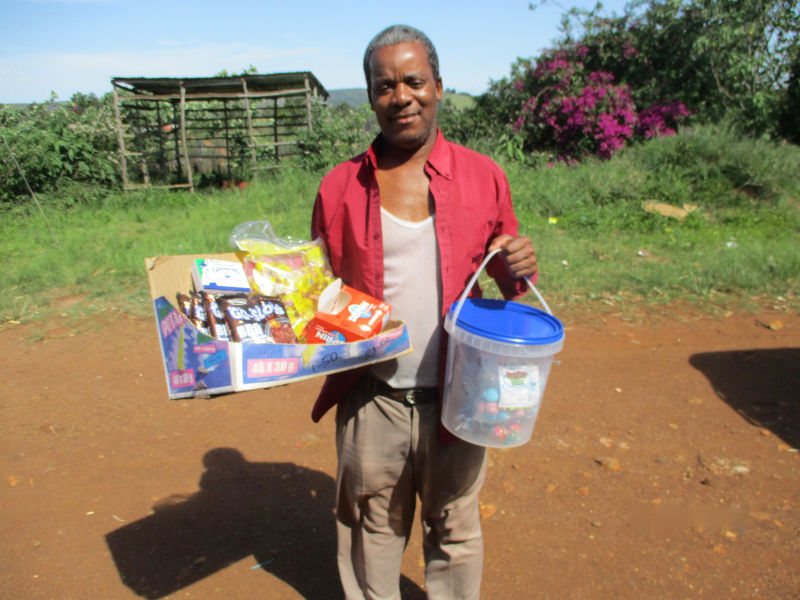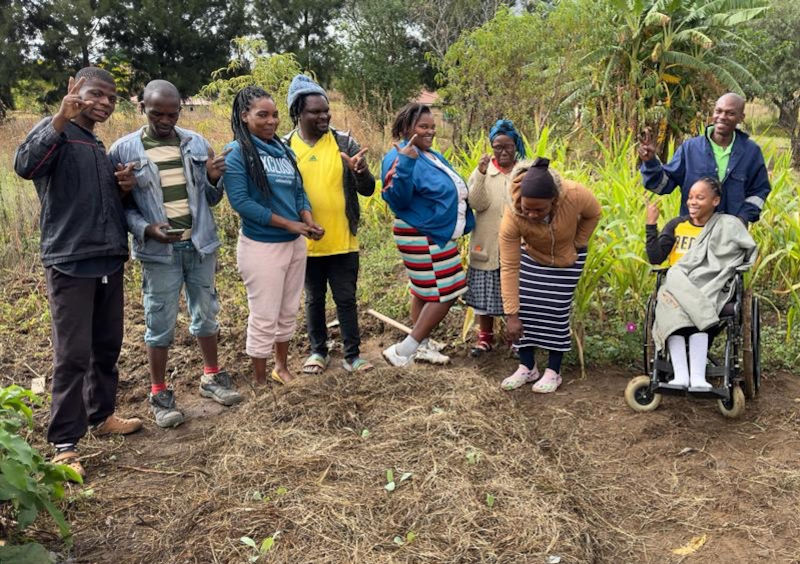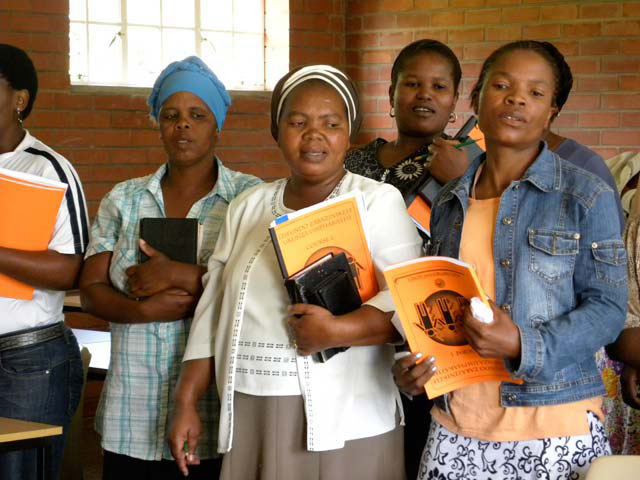TRAINING MATERIAL- PARTNERSHIP
PARTNERSHIP Materials to supplement ACAT courses
Basic Life Skills (in isiZulu and English)
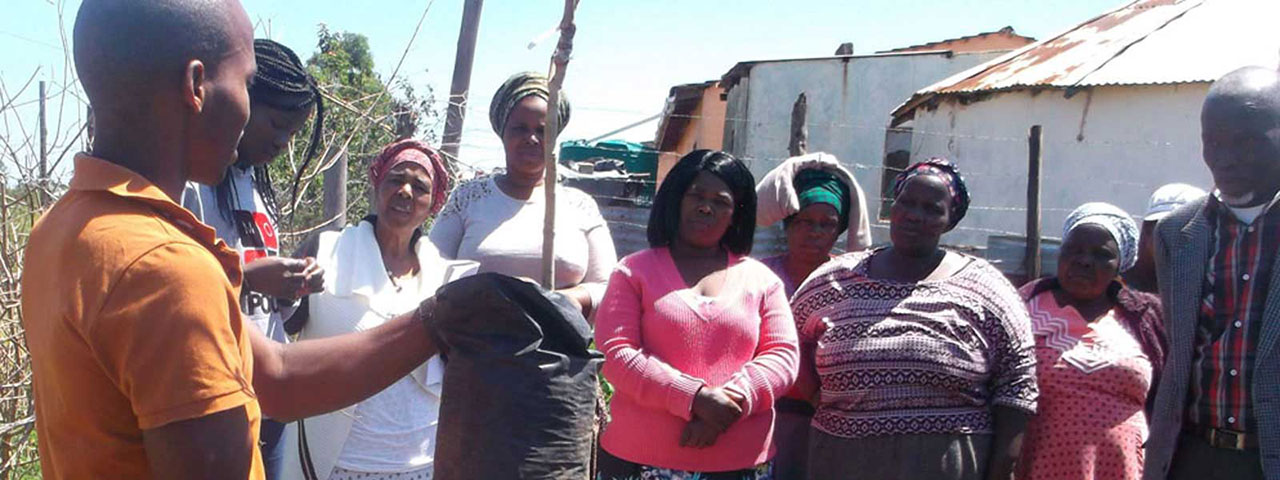
This is the first course attended by programme participants, after forming themselves into groups of 5 (G5’s). The aim of the course is to provide an understanding among participants of the role they can play in determining their own future. A number of life skills are introduced in this course, and the module format adopted in this course is adhered to in the subsequent Community Volunteer courses. These skills include
- Nutrition
- Health including HIV
- How to establish a successful vegetable garden
- Essential business skills
- Exploring world view, and how this effects our relationship with others and God
Example of Basic Life Skills
ACAT ALL Materials Catalogue
ACAT Training Material Price List
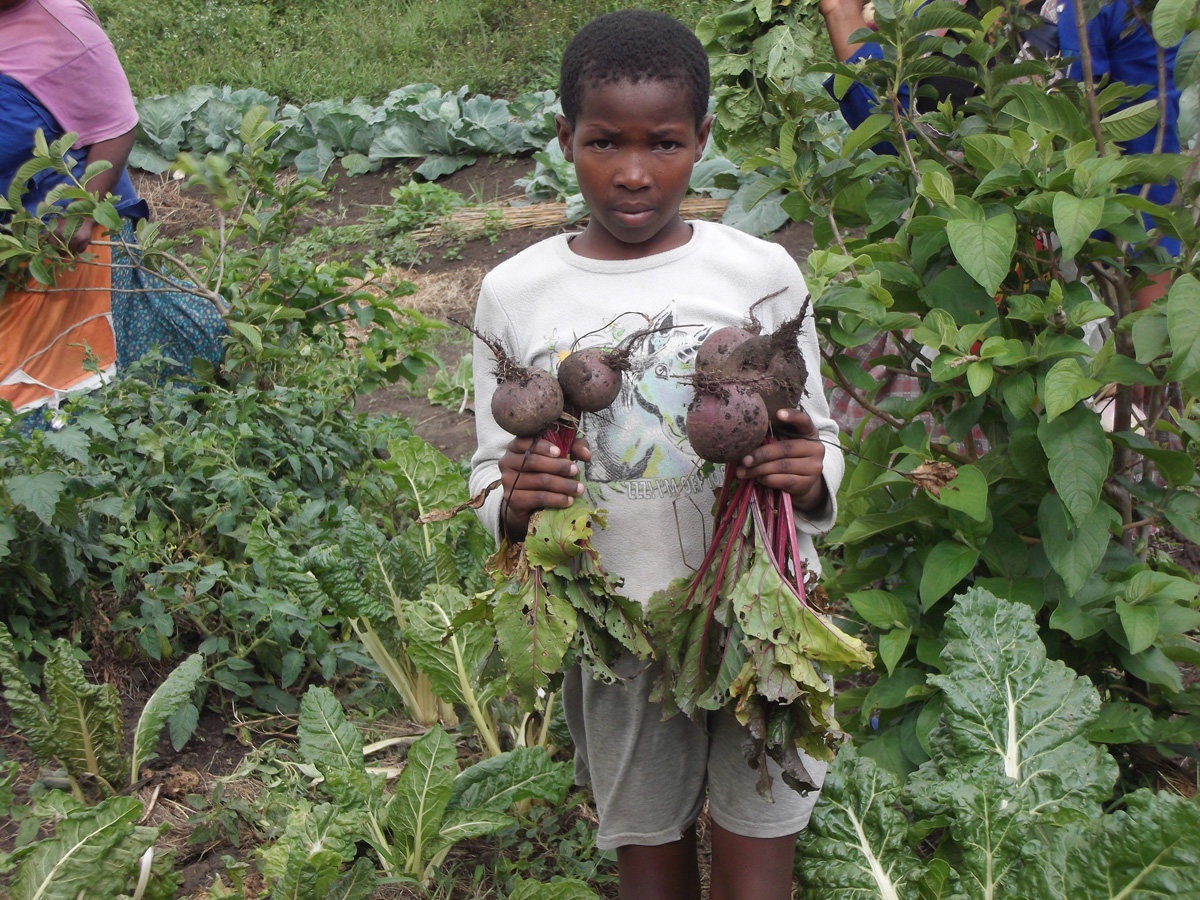
Ikusasa Lami – YOUTH Basic Life Skills (in isiZulu and English)
Ikusasa Lami – or My Tomorrow – Is based on the Basic Life Skills material, but designed to be relevant for younger participants. In addition to the topics covered in the adult course, it includes topics such as basic career guidance, teamwork, health and relationships. This course has been very successful, as so many children are helping to provide food and income to their families!
Implementation of the Integrated Livelihoods Programme
This course is a step-by-step guide to the implementation of the Integrated Livelihoods Programme (ILP). Participants in this course will have attended the Leadership Skills Course and the Basic Life Skills Course, and should therefore already have a good understanding of the concept of sustainable development. The course outlines the procedure to be followed when introducing the ILA programme to a new area, including receiving permission from the relevant authority to work in the area.
Community Volunteer Series (in isiZulu and English)
Community Volunteer Course 1
The Community Volunteer Course 1 is largely a repetition of the content of the Basic Life Skills Course, but this time is presented to people who will be training others in the material covered in the Basic Life Skills Course. The module format of the Basic Life Skills is continued through the 5 progressive levels of Community Volunteer Courses. The topics include:
- Nutrition
- Health including HIV
- How to establish a successful vegetable gardening
- Essential business skills
- Exploring world view, and how this effects our relationship with others and God
Community Volunteer Course 2
The content of this course contains more detail than the Community Volunteer 1 Course, and aims to equip Community Volunteers to begin implementing certain elements of the Integrated Livelihoods Programme in their communities. Knowledge and skills gained in this course will also help the Community Volunteer in his/her own small business and Home Food Security Garden.
Community Volunteer Course 3
This course develops aspects of the Community Volunteer’s capacity for problem-solving, and builds upon the foundation of administrative and organizational skills needed as s/he assumes more responsibility in the implementation of the programme.
Community Volunteer Course 4
This course helps the Community Volunteer to master the skills needed for volunteer community work, and provides the knowledge s/he needs to guide and advise others in living a healthy lifestyle. By this stage, the Community Volunteer is growing in capacity, ability and confidence.
Community Volunteer Course 5
Savings and Loans Scheme
Training Guide for the Extension Officer
Advanced Business Practices For Entrepreneurs (in isiZulu and English)
Advanced Business Practices for Trainers
This course is designed for use by Trainers presenting to entrepreneurs the Advanced Business Practices for Entrepreneurs Course. The manual is therefore not intended to be presented ‘as is’ to trainees. Rather, the Trainer is expected to make an assessment of the trainees’ level of understanding of business principles, and to deliver appropriate sessions best suited to learning needs. The Trainer is encouraged to be creative, and adapt/develop case studies relevant to the trainees’ situation. Feedback from the trainees after the course is an important means of improving training delivery for subsequent courses. The course manual is available in both English and isiZulu.
Christian Leadership Skills to Address Poverty
This course is the preferred entry point for individuals or organizations looking to partner with ACAT in the implementation of their sustainable development programmes. The material is based firmly on biblical values, and recognizes that the fundamental cause of poverty is of a spiritual nature. This course has been translated into isiZulu, and is used to equip members of the Community Governing Boards (CGB’s) to oversee the development programme in their communities. The topics include:
- Overview of ACAT’s approach to
- Sustainable Development
- Sustainable transformation and Development
- World view: A Passion for God’s Perspective
- Achieving Sustainable Development
- Godly Leadership
- Strategic Planning
- Management principles
- Team Building
- Godly governance
- Fundraising and Reporting
- Administration

